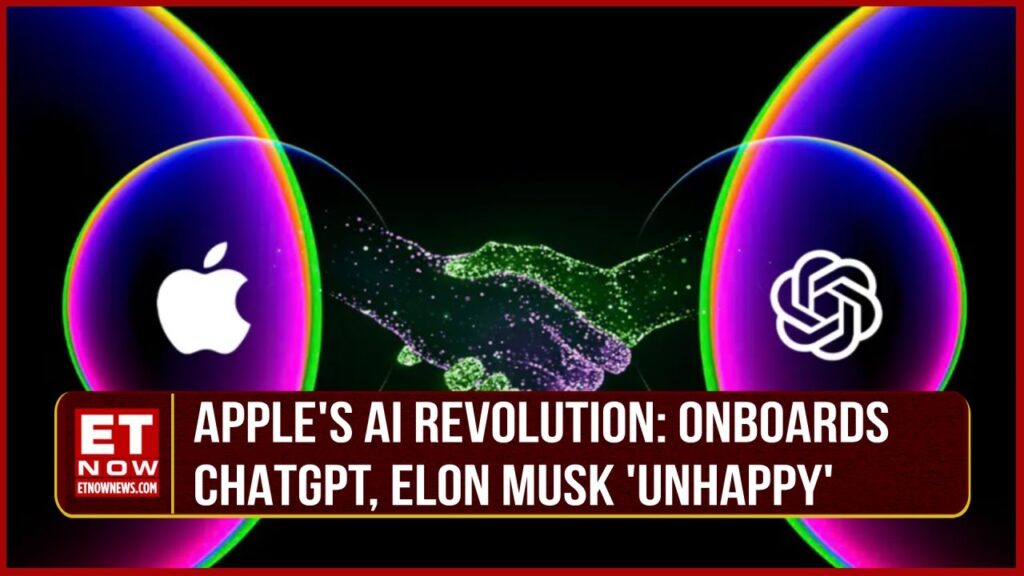Elon Musk has vowed to ban iPhones at his companies following Apple’s announcement that it would integrate OpenAI’s ChatGPT into its smartphones. This declaration came after Tim Cook unveiled Apple Intelligence at Apple’s annual developer conference in California on June 10, 2024. The new features included advancements in text and image generation, an updated Siri voice assistant, and the integration of ChatGPT into iPhones.
Musk, who has a contentious history with OpenAI—a company he co-founded in 2015 before launching his own rival firm xAI—reacted strongly to the news. On his platform X (formerly Twitter), he expressed his displeasure, stating, “If Apple integrates OpenAI at the OS level, then Apple devices will be banned at my companies. That is an unacceptable security violation.”
Security concerns were at the forefront of Musk’s reaction. He elaborated on his stance by indicating that visitors to his companies would have to check their Apple devices at the door, where they would be stored in a Faraday cage to prevent any potential data breaches. He raised concerns about Apple’s reliance on OpenAI for security and privacy, arguing that it was absurd for Apple to trust OpenAI with sensitive data. He claimed, “Apple has no clue what’s actually going on once they hand your data over to OpenAI. They’re selling you down the river.”
This is not the first time Musk has voiced concerns about the potential risks posed by artificial intelligence. He has frequently warned that AI advancements could lead to profound risks for society and humanity. Musk’s predictions about the emergence of superhuman AI have shifted over time; he initially suggested that super-intelligent robots would emerge by 2029 but has since revised his estimate to as soon as 2025.
During a live-streamed interview on X, Musk predicted, “My guess is that we’ll have AI that is smarter than any one human probably around the end of next year.” He pointed out that previous constraints, such as the shortage of Nvidia chips, were being resolved and that future challenges would likely focus on electricity supply for powering AI technologies.
Musk’s reaction to Apple’s announcement highlights his ongoing concerns about the rapid development and deployment of AI technologies. His stance on banning iPhones at his companies underscores his belief that integrating AI at the operating system level without stringent security measures poses significant risks. This latest development adds another chapter to Musk’s complex relationship with AI, emphasizing his commitment to ensuring that AI advancements are managed responsibly to protect privacy and security.
The backdrop to this controversy is Musk’s rivalry with OpenAI, which he co-founded with the goal of promoting and developing friendly AI in a way that benefits humanity as a whole. However, Musk parted ways with OpenAI and founded xAI, which developed its own AI chatbot called Grok. His concerns about AI’s potential dangers have only intensified over time, and his latest comments suggest a growing skepticism about how major tech companies, like Apple, are handling AI integration and data privacy.
In summary, Musk’s vow to ban iPhones at his companies following Apple’s announcement about integrating ChatGPT reflects his deep-seated concerns about AI security and privacy. His strong reactions and predictions about the future of AI highlight the broader debate about the rapid pace of AI development and its implications for society. As AI continues to advance, these discussions will likely become even more critical, shaping the policies and practices of tech giants and their approach to integrating AI into everyday technologies.
If you like the article please follow on THE UBJ.
